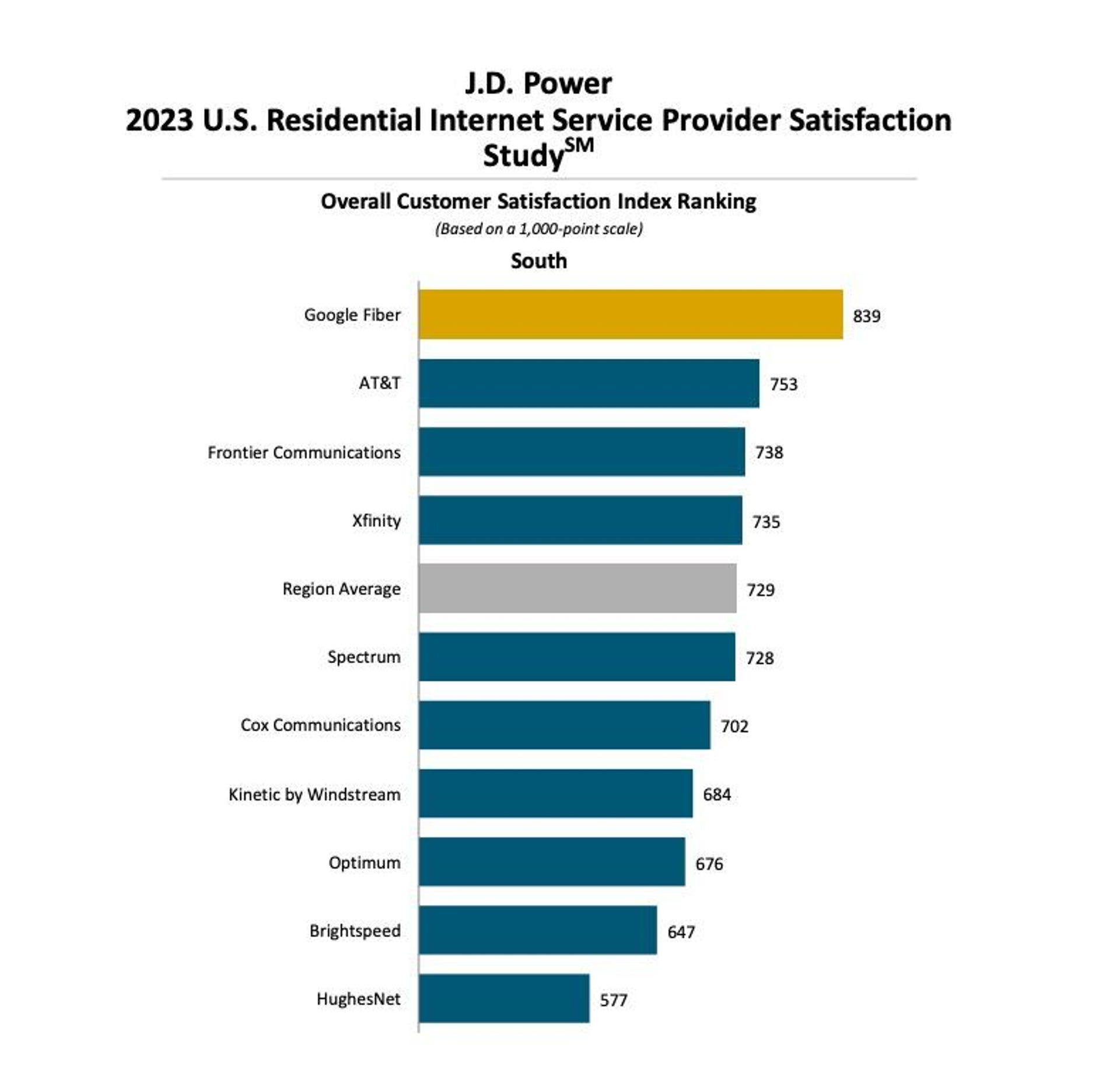Viasat aims to differentiate itself in the satellite internet service provider space with the range of its broadband service plans, going from 25 megabits per second up to 150Mbps, in over 175 cities across the country. Hughesnet was the first satellite internet service to offer broadband speeds of up to 25Mbps, and now, with its new plans, customers can expect download speeds of up to 100Mbps. Sure, it might not match the flashiness of introducing a multi-gigabit plan, but it’s not to be underestimated.
For Americans living in rural or less densely populated parts of the US, satellite internet might be the only option for getting online. That’s unfortunate because satellite internet is slower, less reliable and less affordable than ground-laid cable or fiber internet. Even outdated technologies like DSL might offer faster speeds at a better value.
Still, established satellite providers can offer service pretty much anywhere, and if nothing else is available, your choice boils down to Hughesnet and Viasat. Elon Musk’s Starlink satellite internet is also available throughout the country but is higher in price than Hughesnet and Viasat. Picking between the two might feel like picking between Coke and Pepsi — a matter of taste between two largely identical products — but there are some distinct differences you’ll want to be well aware of before deciding. Let’s have a look.
Hughesnet vs. Viasat overview comparison
Show more (2 items)
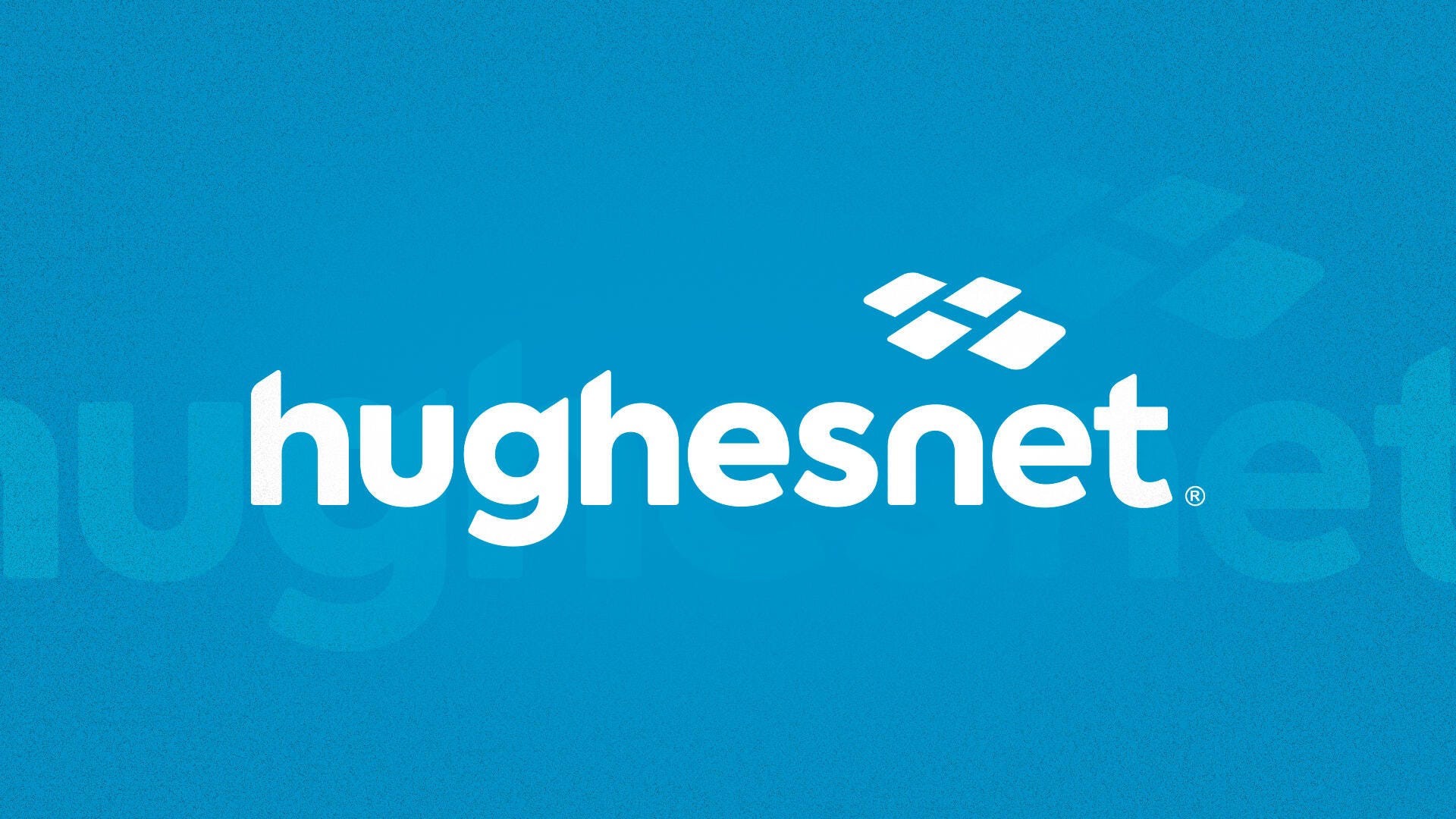
Satellite Or call to learn more: (877) 520-1146
15 – 50 Mbps
$50 – $150 per month
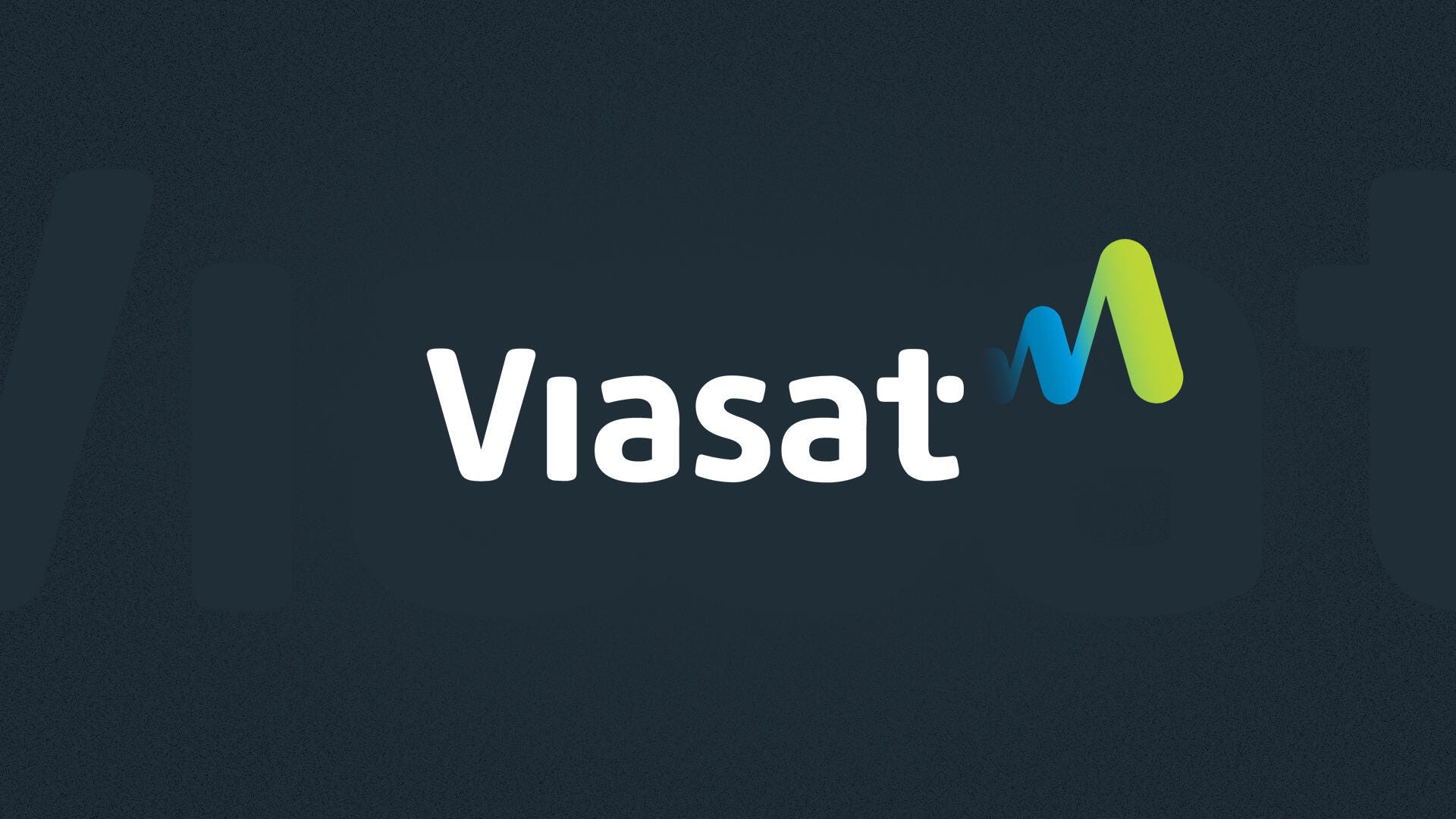
Satellite Or call to learn more: (888) 659-5060
12 – 150 Mbps
$70 – $300 per month
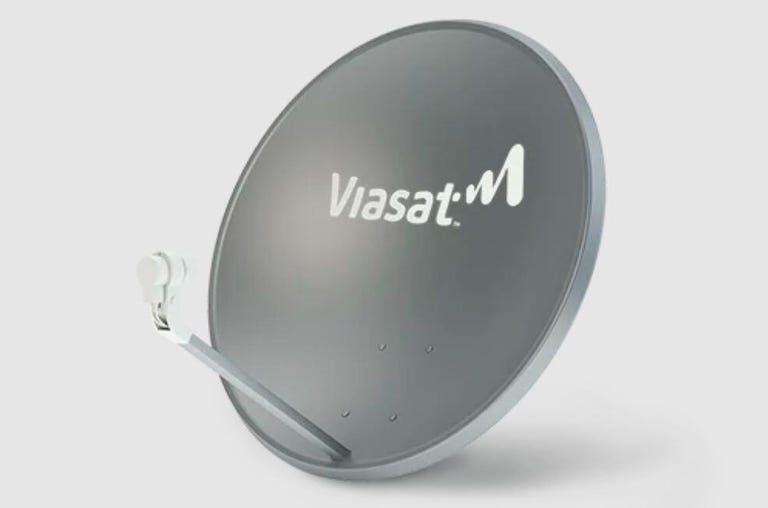
Unless you want to buy it for a steep upfront fee, you’ll need to pay $13 per month to rent your equipment from Viasat — and installation costs $100, too.
Additional monthly equipment fee
As I mentioned above, you won’t be able to use your own modem with either Hughesnet or Viasat. Instead, you’ll need to rent or pay for your equipment upfront. With Hughesnet, that means another $15 per month to lease the Hughesnet Wi-Fi Modem, although you can also buy the equipment for a one-time fee of $300, which includes the installation fee.
Viasat takes a similar approach but charges customers $10 monthly to rent its Wi-Fi equipment. If you want to go the route of buying the equipment upfront, you’ll be charged a one-time fee of $300. That isn’t chump change.
Contracts and early termination fees
Both Hughesnet and Viasat require a two-year contract. With Viasat, if you cancel before the contract is up, you’ll need to pay an early termination fee of approximately $15 for every month remaining on your contract. In the case of Hughesnet, the amount could be as steep as $400 if you cancel within the first 90 days of service.
Viasat does offer the option of forgoing the two-year contract by paying a $300 upfront fee at the start of the service. This will save you $45 if you decide to cancel after the first 30 days of your service. Not much to write home about.
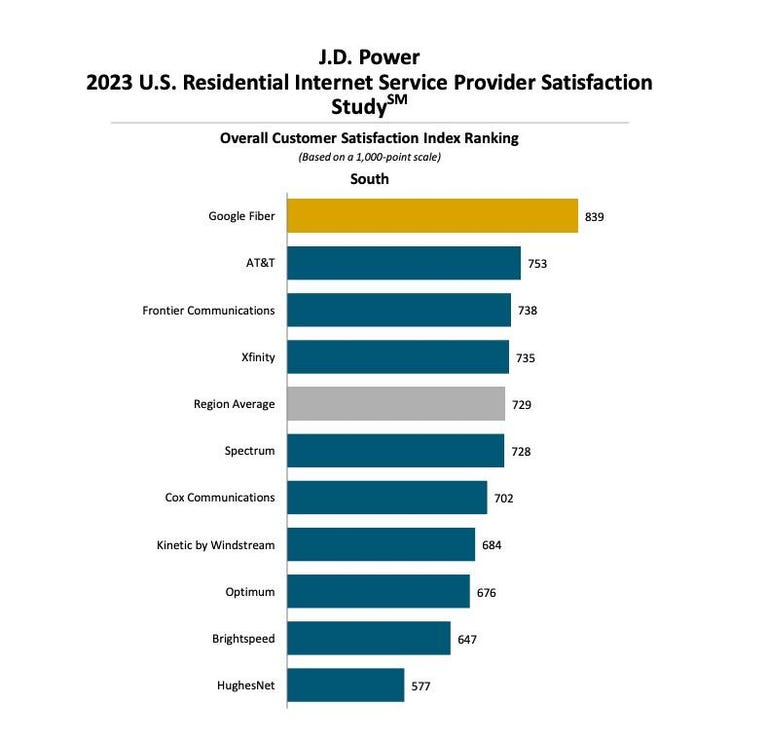
Enlarge Image
